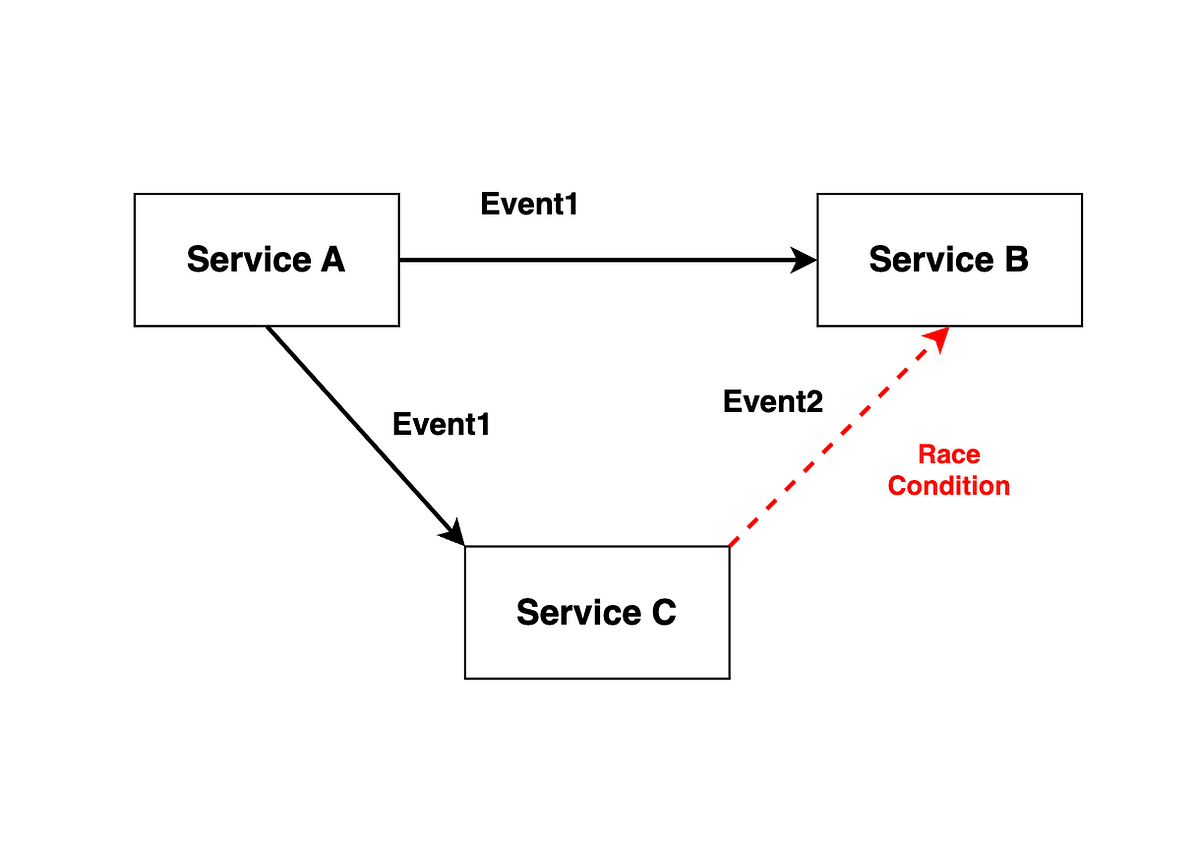Medium
1w
100

Image Credit: Medium
Race Conditions in Microservice Architecture – My Personal Guide
- Race conditions in microservice architecture can lead to unexpected behaviors due to events or requests not being processed in the expected order.
- Examples include events received out of order and concurrent database updates, which can result in inconsistencies in the system.
- Common approaches to dealing with race conditions include designing for idempotency, implementing locking mechanisms, retrying on out-of-order execution, using FIFO queues, event sourcing, outbox pattern, and atomic counters.
- The author shares personal experiences and solutions to handling race conditions in microservices, highlighting the importance of addressing such issues in distributed systems.
Read Full Article
6 Likes
For uninterrupted reading, download the app